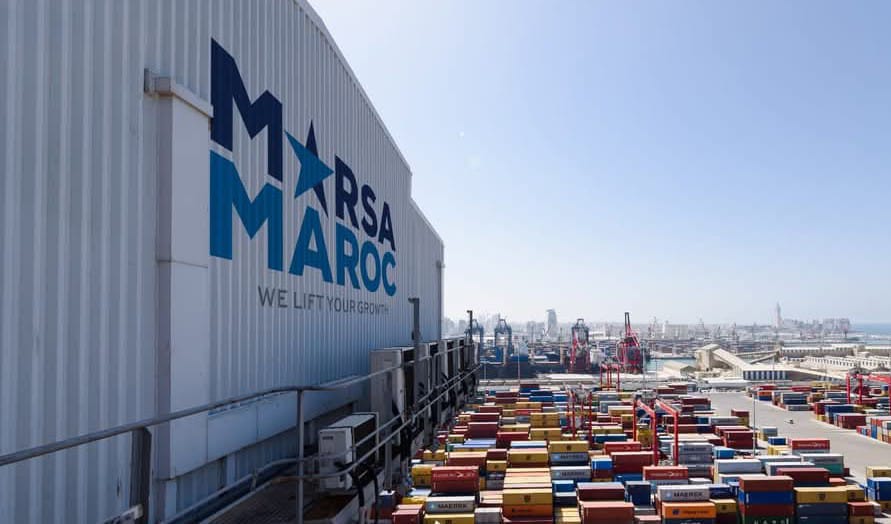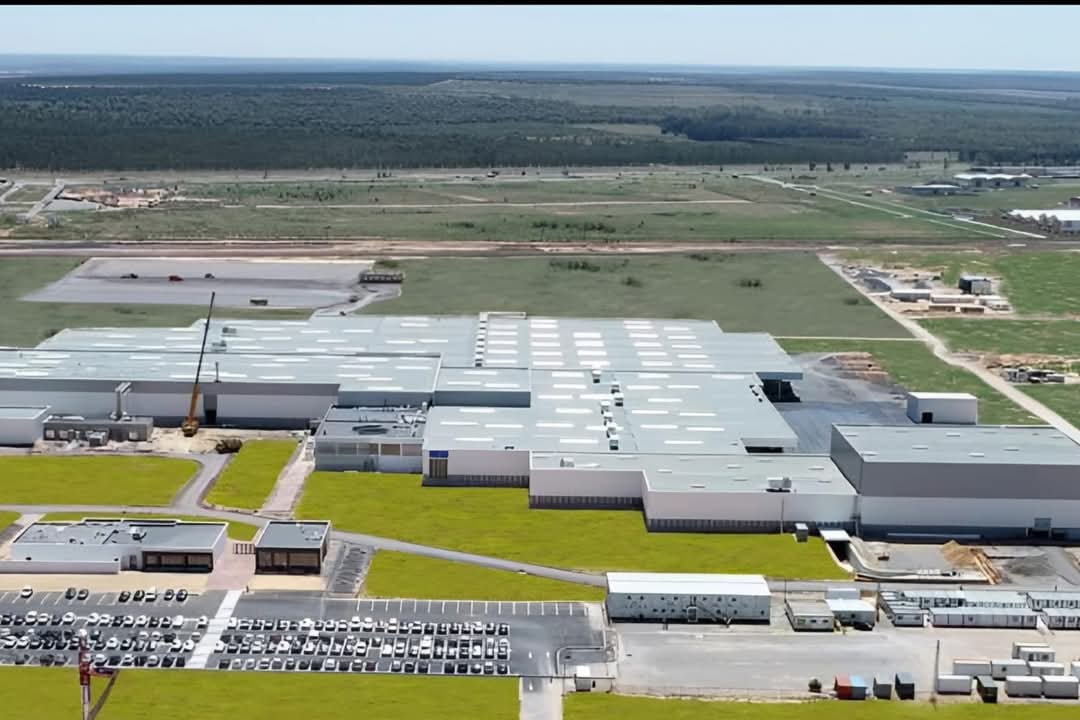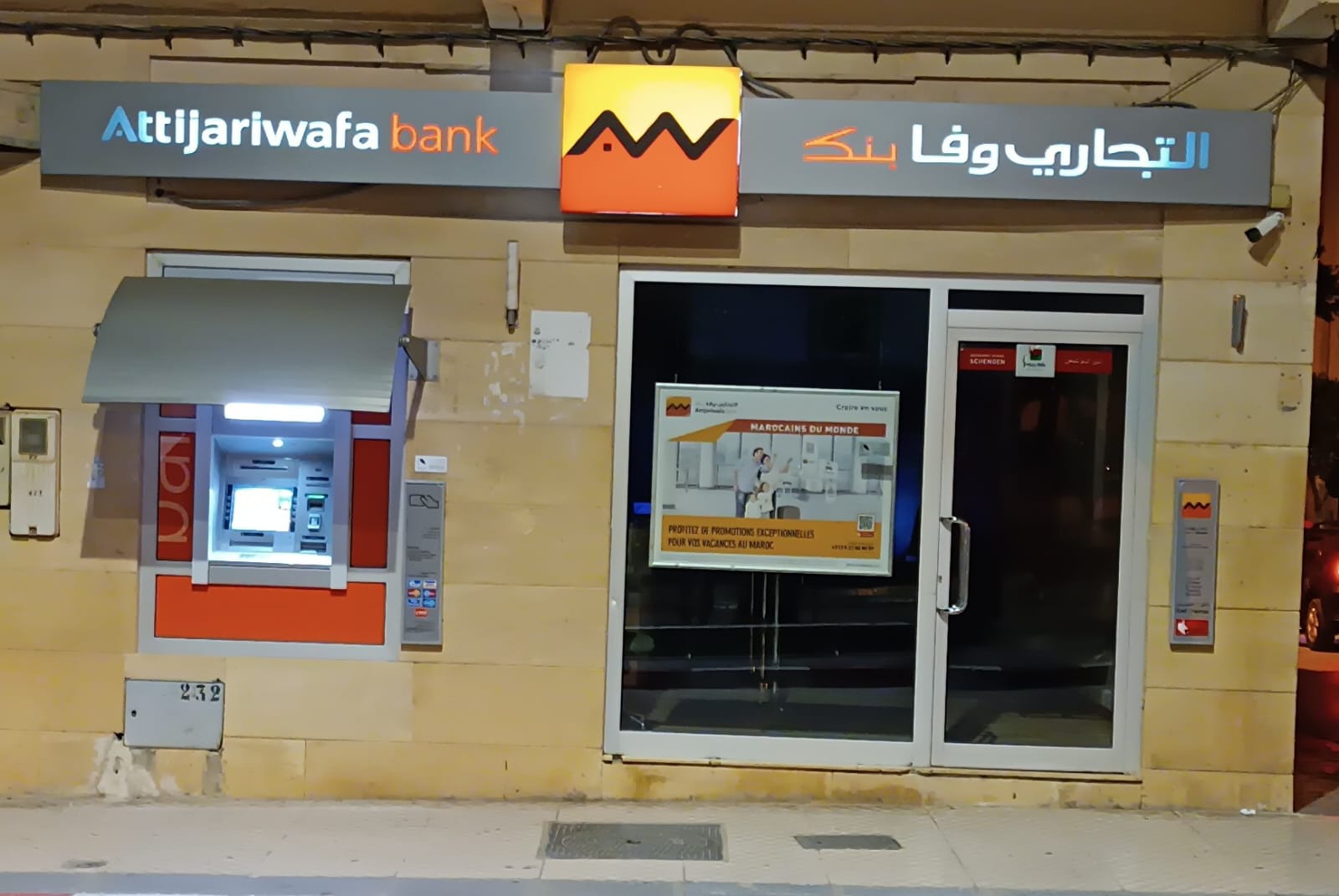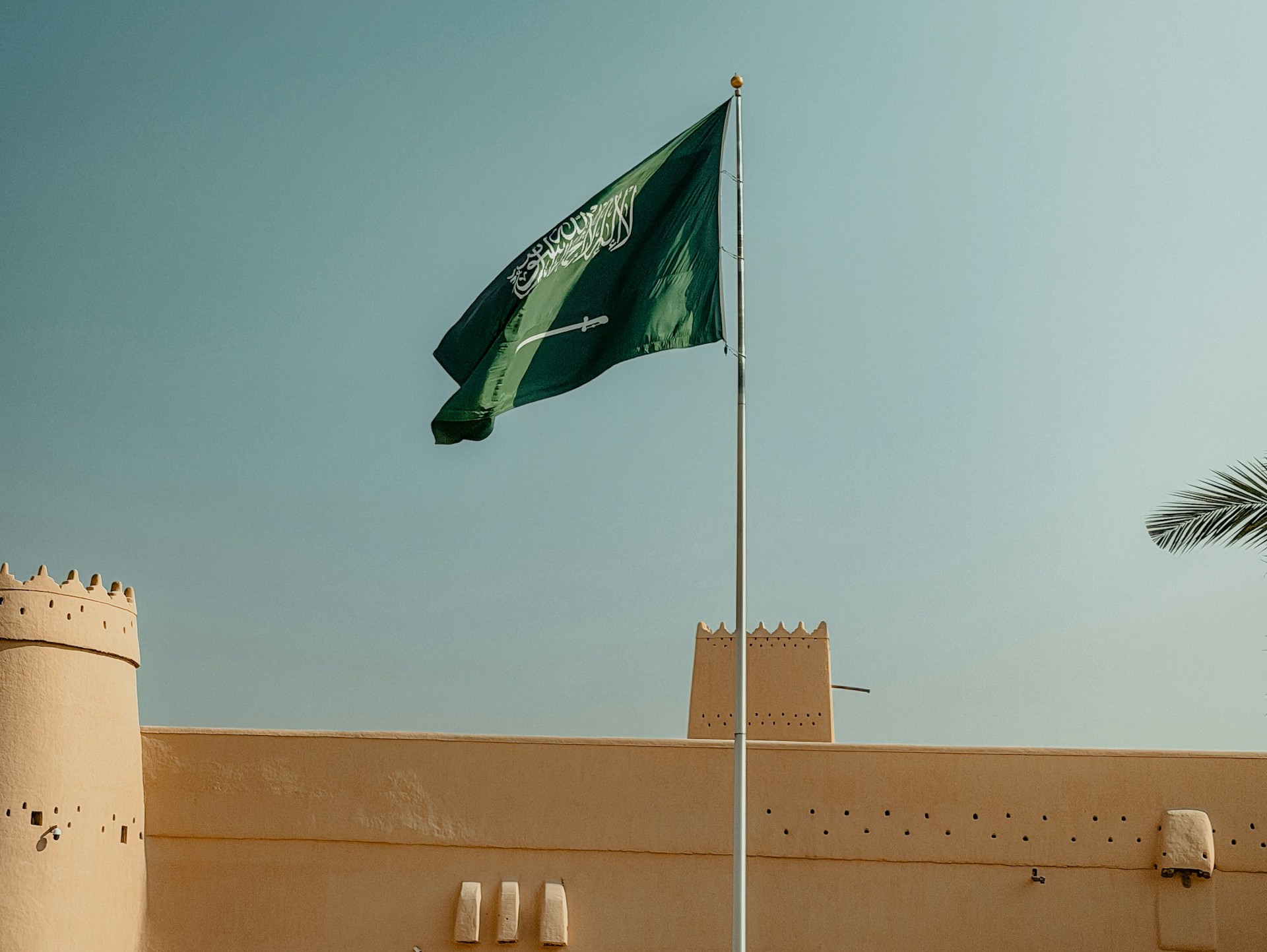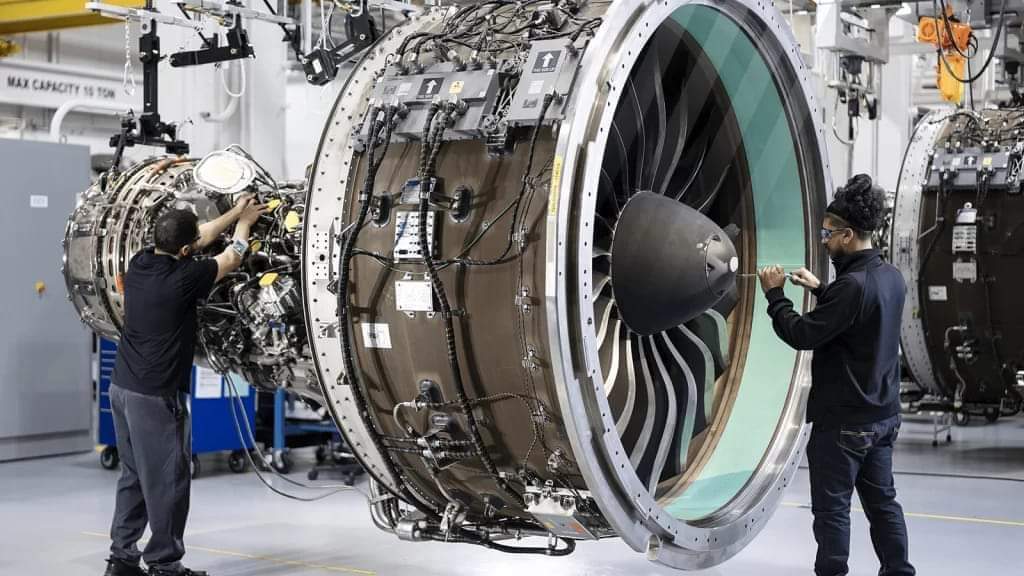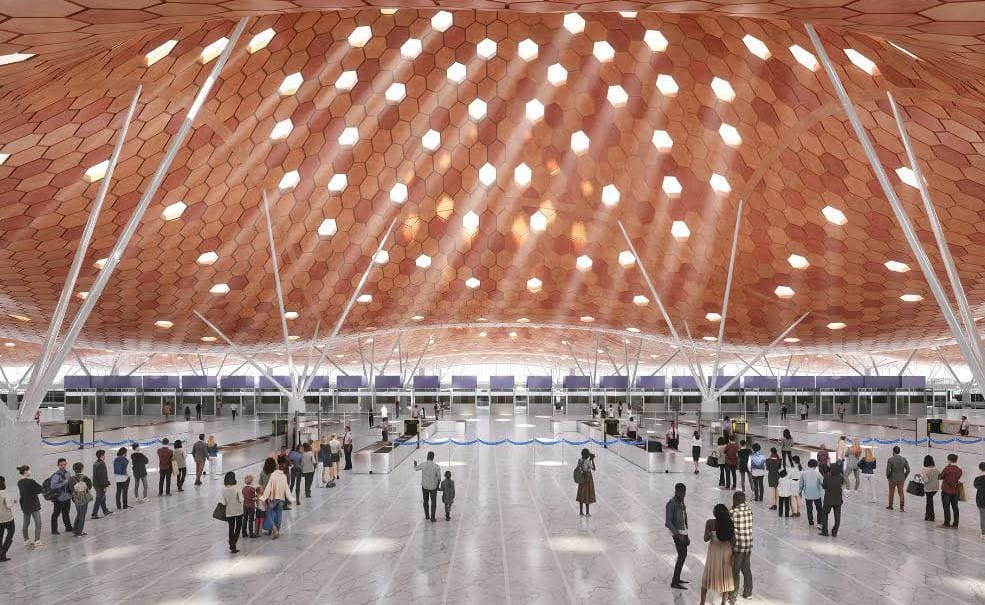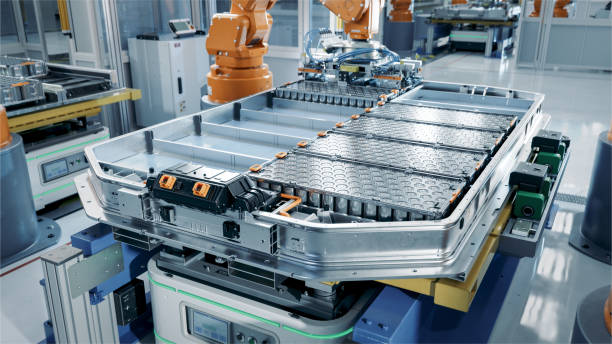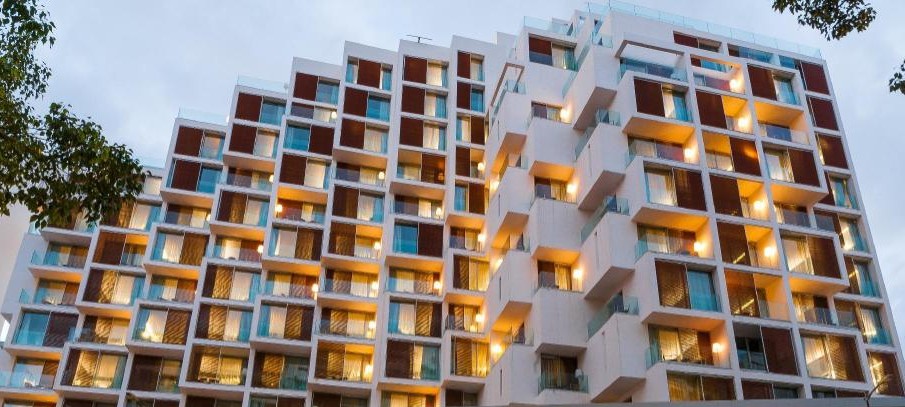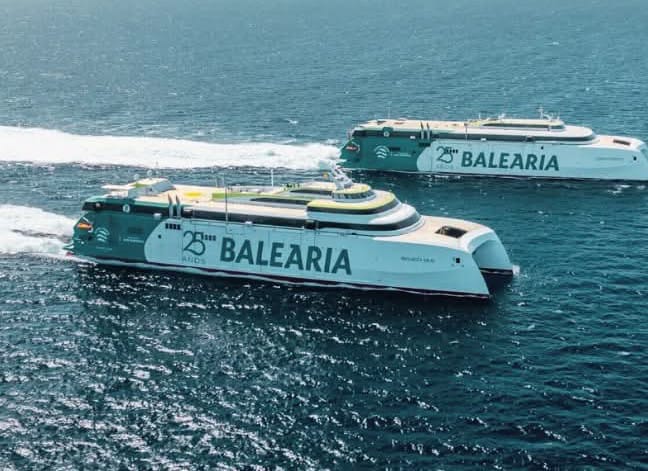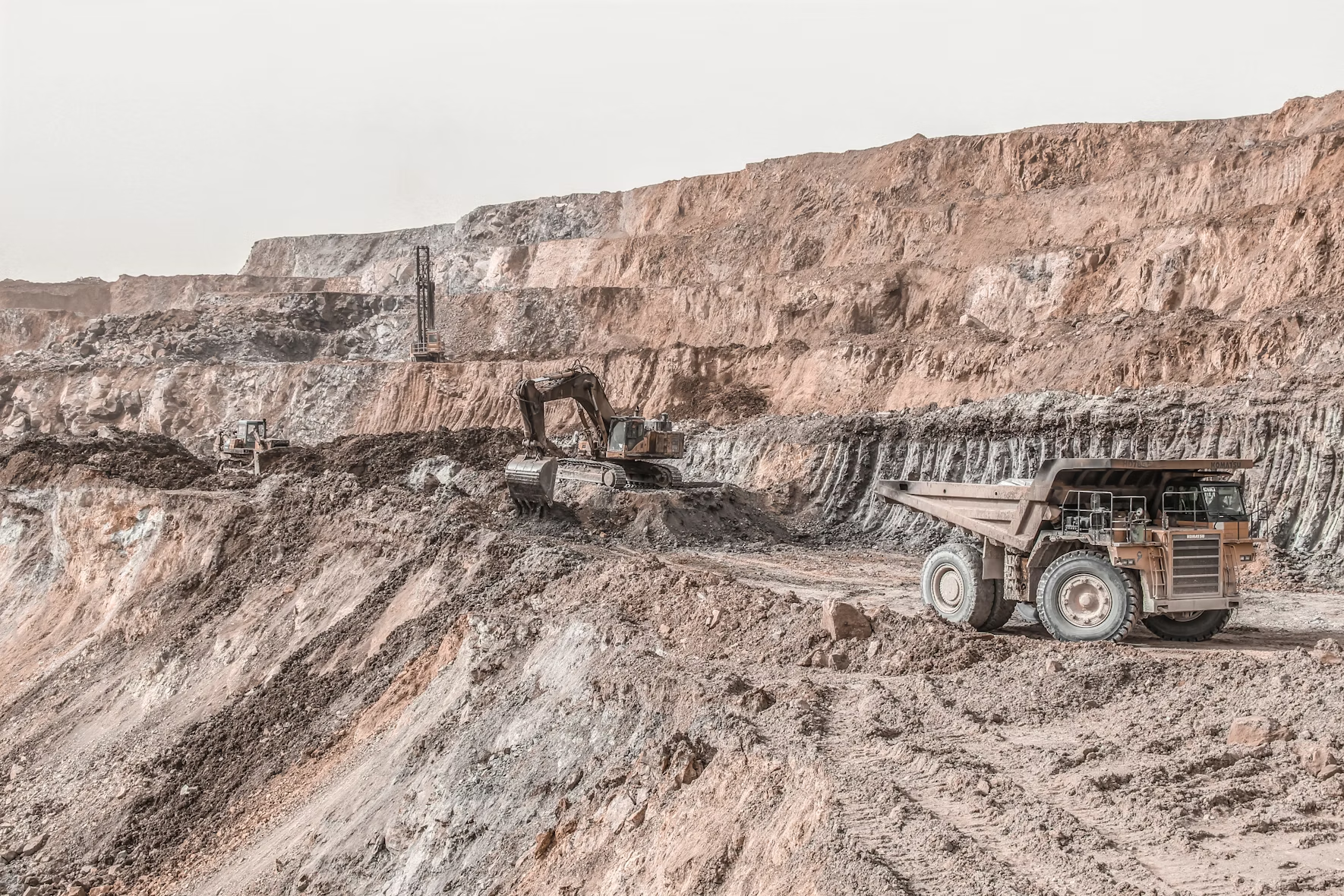Casablanca – Morocco is positioning itself as a serious player in the global electric vehicle (EV) supply chain through a landmark industrial project—the construction of Africa’s first large-scale EV battery factory in Kenitra. Backed by a joint Chinese-European consortium, this initiative is set to transform the country into a strategic hub for clean mobility technologies and energy transition industries.
The project is being led by Gotion Power Morocco, a subsidiary of Gotion High-Tech, which is supported by the German automotive group Volkswagen. With a total planned investment of $6.5 billion, the factory will be built in phases, starting with a $1.3 billion investment aimed at delivering a production capacity of 20 gigawatt-hours (GWh) annually. Construction is expected to begin in mid-2025, with production anticipated to start in the third quarter of 2026.
A strategic industrial shift
The factory will be located in the Atlantic Free Zone near Kenitra, an industrial area already hosting major car manufacturers such as Renault and Stellantis, as well as several international auto parts suppliers. This location offers proximity to key infrastructure, including Morocco’s expanding highway and railway networks and the under-construction Kenitra Atlantic Port, which will improve logistics links with both Europe and sub-Saharan Africa.
The battery plant is designed to go beyond simple assembly. It will also produce essential battery components such as cathodes and anodes, and will rely heavily on Moroccan-sourced raw materials, including phosphates and high-quality cobalt. These materials are vital to lithium iron phosphate (LFP) battery chemistry, a format growing in global demand due to its balance of performance, safety, and cost.
The project aligns with Morocco’s broader strategy to attract future-focused industries. Over the past 15 years, the country has enacted several industrial reforms, from the 2009 National Pact for Industrial Emergence to the current Green Generation Plan and Vision 2035, all of which aim to modernize the national economy, boost exports, and promote sustainable development.
Clean energy integration
In line with Morocco’s green energy ambitions, the battery factory will be powered by renewable energy. A dedicated 500 MW wind power station, currently under development by Saudi-based Acwa Power, will supply clean electricity to the facility. This initiative reflects a growing emphasis among global manufacturers on low-carbon and environmentally responsible production.
Environmental concerns have also been taken into account in the project planning. The plant will include an industrial water treatment unit to reduce water consumption and manage waste, in addition to complying with strict emission and waste recycling standards. Morocco’s Ministry of Energy Transition and Sustainable Development is overseeing the project’s environmental impact assessment.
Economic and employment impact
The battery factory is expected to have a significant impact on Morocco’s economy. In its first phase, the project will create over 2,300 direct jobs, along with hundreds of indirect jobs in logistics, transport, and supply chain support services. The plant will also stimulate the local education and training ecosystem, as universities and technical schools—including Mohammed VI Polytechnic University, ENSA, INPT, and OFPPT—are developing new programs focused on industrial chemistry, battery engineering, and electrochemical technologies. Some of these institutions are working directly with Gotion Power Morocco to align training with real-world needs.
From a trade perspective, Morocco’s already growing automotive sector—which registered $16.2 billion in exports in 2024—is expected to expand further with the inclusion of battery components. This will enhance the country’s role as an export base for clean mobility technologies, especially in European markets like Germany and France, which are accelerating their transition away from combustion engine vehicles ahead of 2035 regulatory deadlines.
A bridge between continents
Morocco’s participation in the global EV race also comes at a time when European manufacturers are actively seeking to reduce dependence on Chinese-dominated supply chains for critical battery materials and components. With its stable political environment, geographical proximity to Europe, and free trade agreements with both the EU and the U.S., Morocco is emerging as a viable alternative and a strategic partner in Europe’s evolving industrial and energy security strategies.
Looking ahead
The launch of the Kenitra battery gigafactory is more than just an industrial milestone—it signals Morocco’s entry into a new economic era where energy, education, technology, and environment intersect. By investing in green industrial capacity and strengthening ties with global technology leaders, Morocco is not only diversifying its economy but also reinforcing its role as a regional gateway for sustainable industries in Africa and beyond.
With a clear strategy and international backing, Morocco is no longer a peripheral player but an active contributor to the future of electric mobility.







